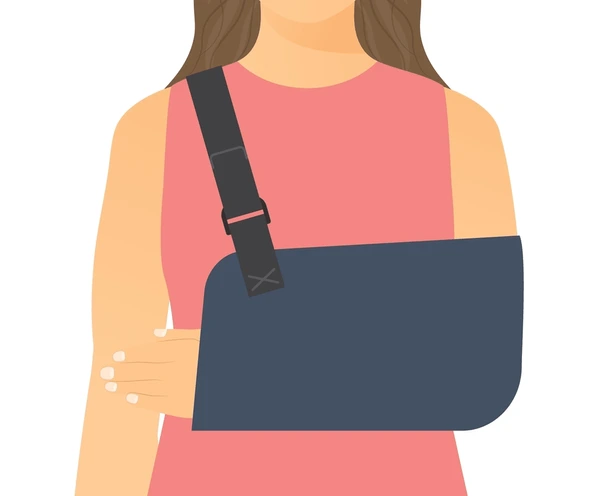According to research statistics, nearly 500,000 rotator cuff surgeries and 50,000 total shoulder replacements are performed in the US alone every year. As the likelihood of shoulder injury increases with age, these numbers are expected to keep increasing in the foreseeable future.Regardless of the type of shoulder surgery, most patients complain of having difficulty sleeping after the procedure.Be Patient: The biggest thing is remembering it is just temporary. You can and will get through this. The hardest time for sleeping is the first 4 to 6 weeks after surgery while people are in a sling. Sleeping becomes much easier after you are out of the sling.During that first 4 to 6 weeks the following positions may help you sleep better:Sleep in a semi-reclined position: To achieve this position use a couple of pillows to support your lower back or a comfortable Lazy Boy style chair. As the healing progresses and your pain subsides, you can adjust the chair or remove a pillow or two to slowly go back to the horizontal position. Another option is to buy a wedge pillow for use in the bed.Sleep on your uninjured side: When trying this position, stack a couple of pillows behind you to prevent you from rolling over in the night. You could also prop up your arm on a stack of pillows in front of you while lying on your side. Make sure to use soft pillows so your arm will sink in and not roll off.Sleep on your back: It’s best to have pillows on either side of you to prevent you from rolling onto your healing shoulder. Also, popup your arm on a pillow to maximize blood flow and promote faster healing. Again, the wedge pillow can be helpful here.Additionally, application of an ice pack to the shoulder for 15 to 20 minutes before going to bed at night and using pain medication as recommended by your surgeon will also help you get a good night’s rest.Dr. Patrick Denard has been voted one of the top 20 Shoulder Surgeons in North America and is the most widely published shoulder specialist in Oregon. Dr. Denard is committed to providing the highest level of Orthopedic care to his patients. Dr. Denard has advanced arthroscopy training and is able to perform the vast majority of shoulder procedures in a minimally invasive fashion, including all types of rotator cuff repairs and instability repair. These techniques allow him to repair tears that some consider “irreparable.” Providing every patient with advanced medicine and compassionate care each and every time.
Similar posts



